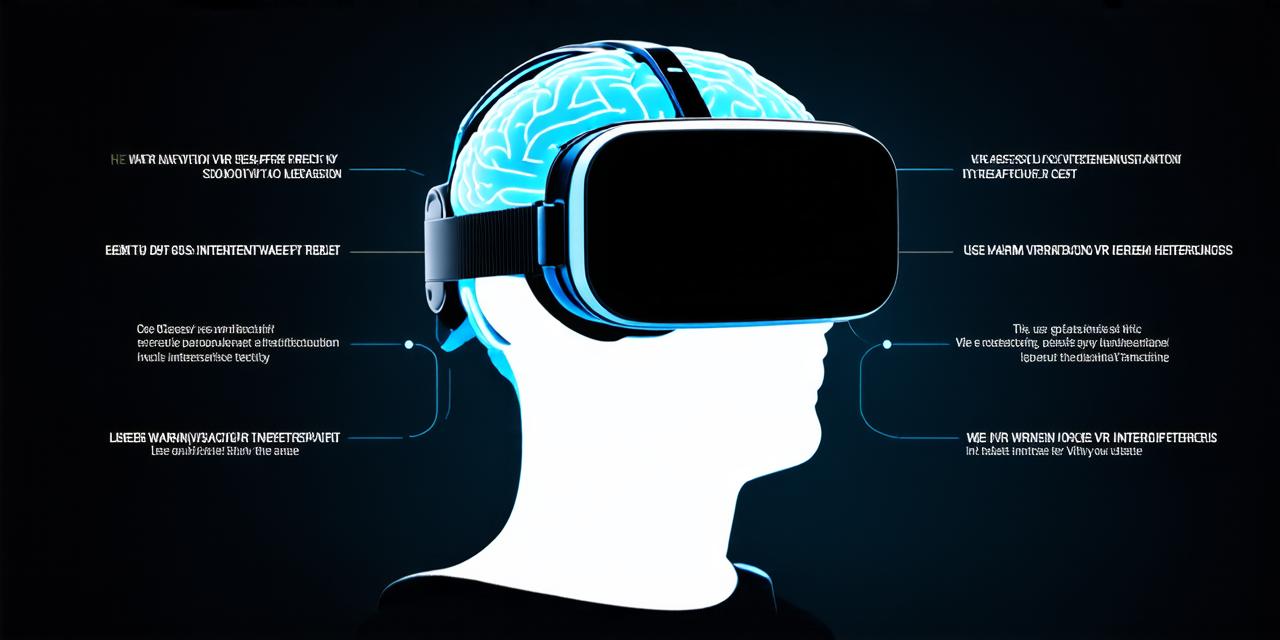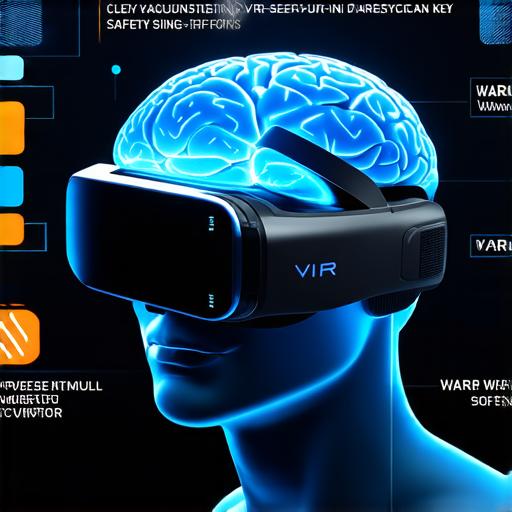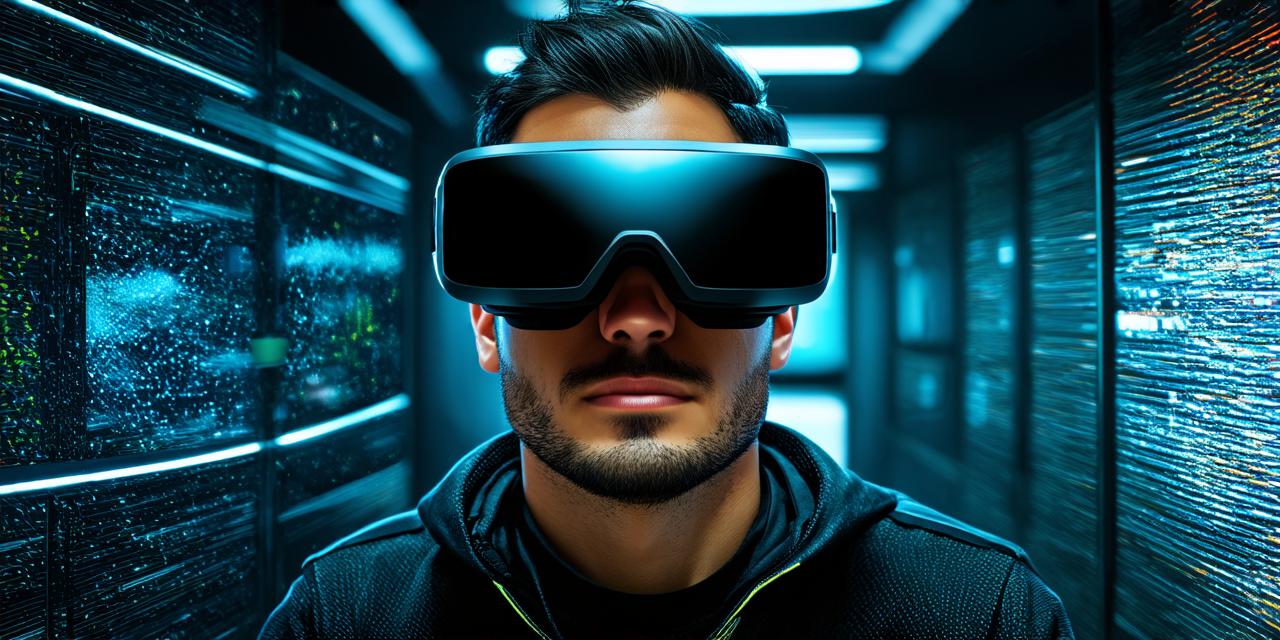
Is VR safe for brain?
Virtual reality (VR) has gained a lot of popularity in recent years as an innovative way to entertain, educate, and train people. However, some people have raised concerns about the potential negative effects that VR could have on the brain. In this article, we will explore whether VR is safe for the brain or not.
Table of Contents
ToggleThe Benefits of VR for Brain
One of the main benefits of VR is that it can improve spatial awareness and navigation skills. This can be particularly useful for pilots, sailors, and other professionals who need to be able to navigate in complex environments. Additionally, VR can also help with memory retention and cognitive function. Studies have shown that people who use VR regularly tend to have better memory recall than those who do not.
The Risks of VR for Brain
While there are many benefits of VR, there are also some potential risks associated with it. One of the main concerns is that prolonged exposure to VR can cause motion sickness. This can lead to headaches, dizziness, and nausea, which can be uncomfortable and disruptive. Additionally, some people may experience anxiety or disorientation when using VR, particularly if they are not used to the immersive environment.

Motion Sickness and VR
Motion sickness is a common issue with VR, and it can be particularly problematic for people who are prone to it. Prolonged exposure to VR can cause the brain to become disoriented and confused, which can lead to feelings of dizziness and nausea. While there is no definitive way to prevent motion sickness when using VR, some tips can help alleviate symptoms. These include adjusting the brightness and contrast of the display, limiting movement in real life, and taking frequent breaks.
Anxiety and VR
Anxiety can also be a concern with VR, particularly for people who are not used to the immersive environment. Some people may experience fear or disorientation when using VR, which can be uncomfortable and disruptive. While there is no definitive way to prevent anxiety when using VR, some tips can help alleviate symptoms. These include gradually increasing exposure to VR, using relaxation techniques, and seeking professional help if necessary.
Conclusion
In conclusion, while there are potential risks associated with VR, the benefits it offers for cognitive function and spatial awareness make it a safe and effective tool for many applications. However, it is important to take precautions when using VR, particularly in terms of motion sickness and anxiety. By following these tips and guidelines, you can safely enjoy all the benefits that VR has to offer.

